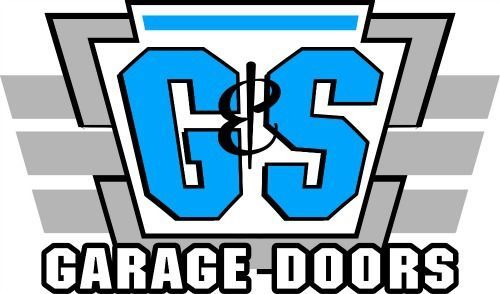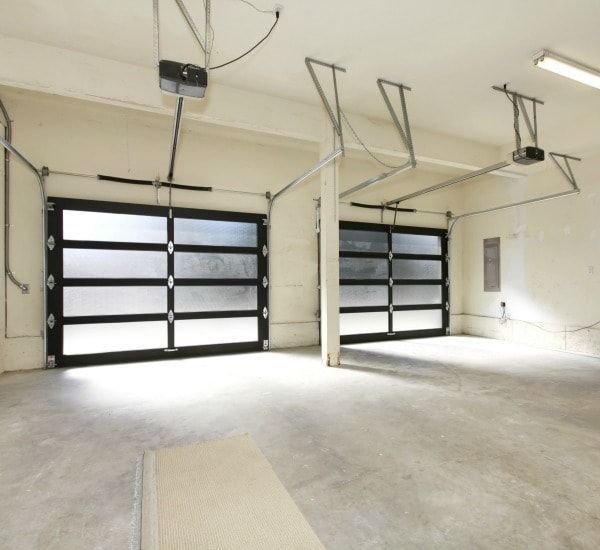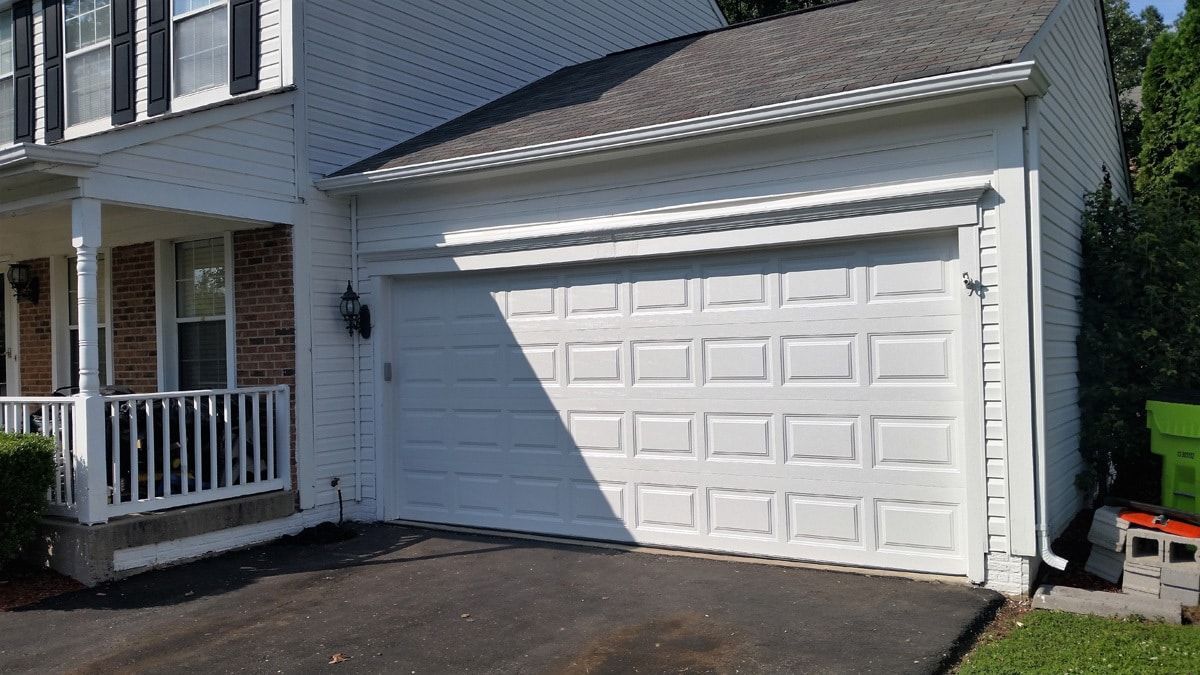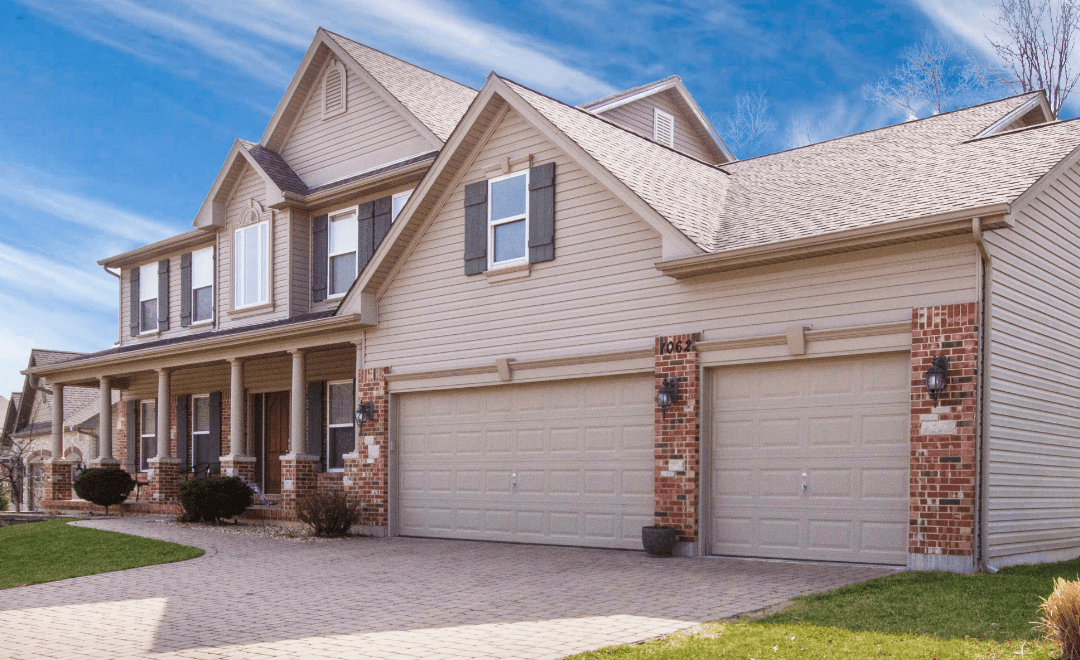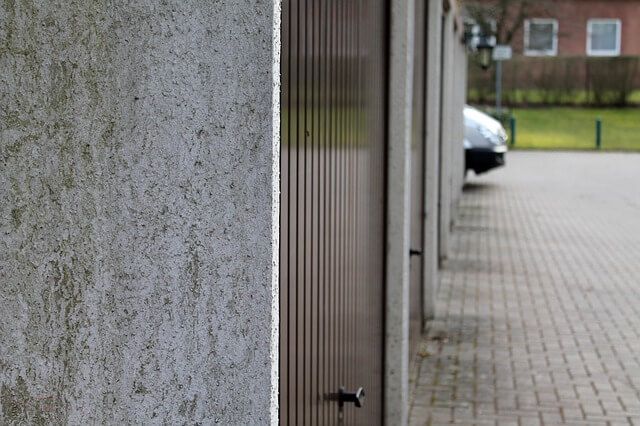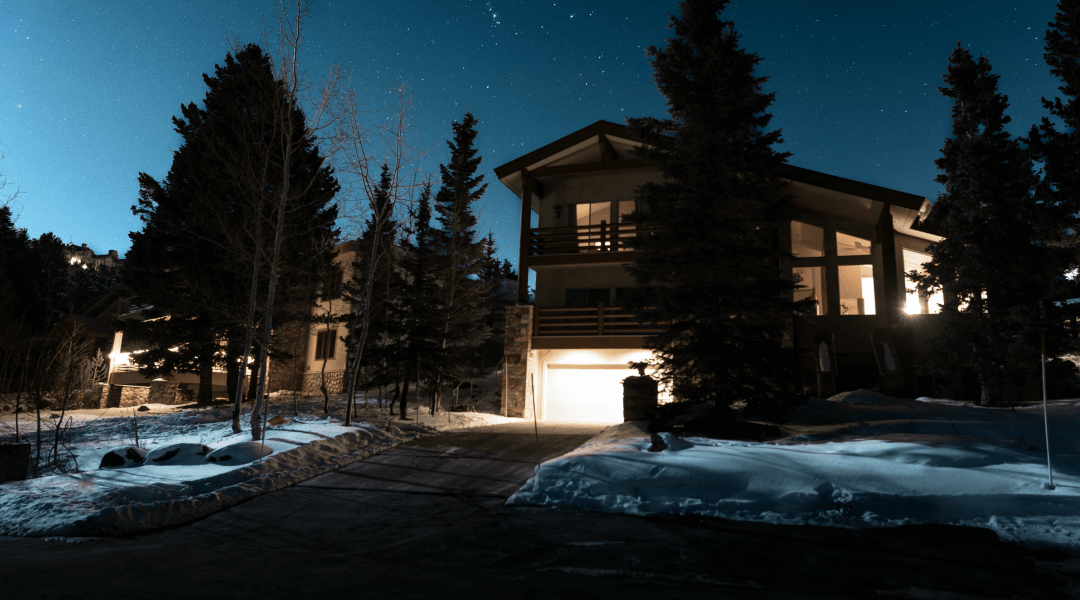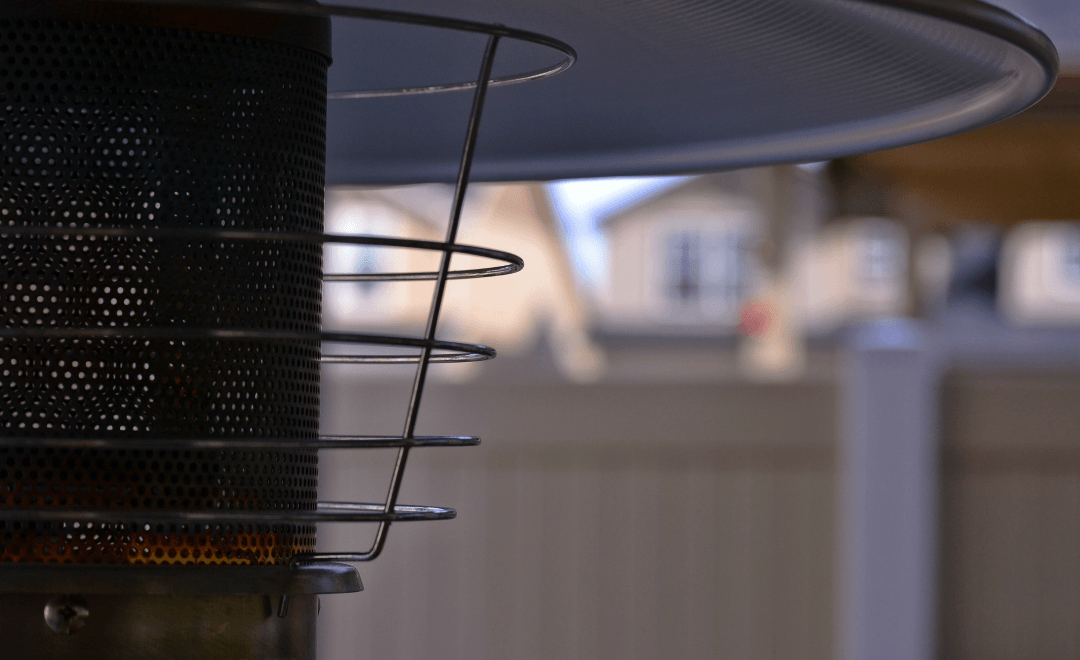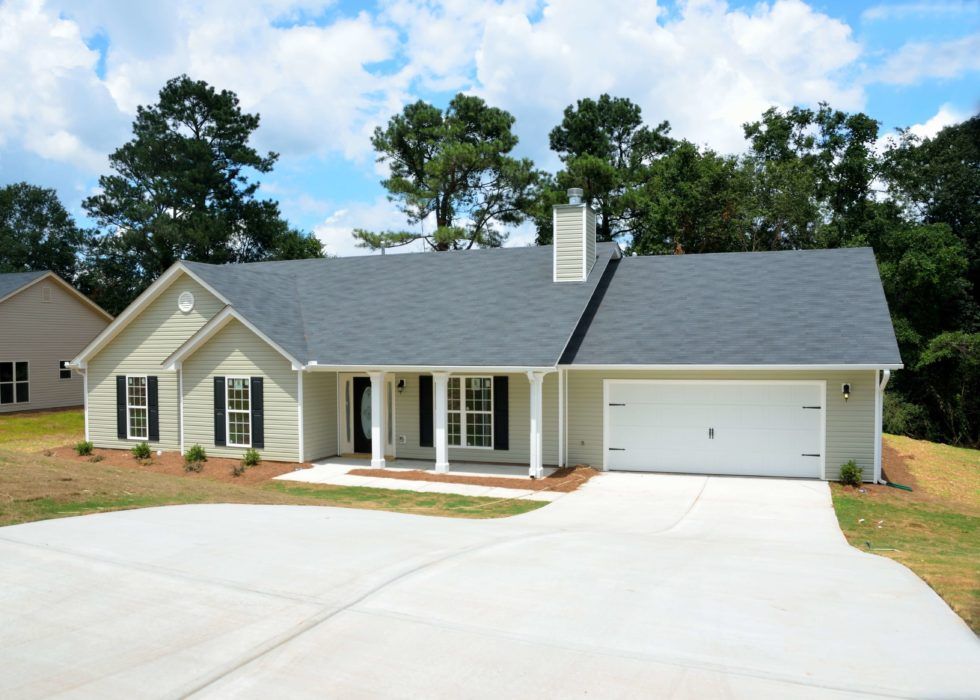Insulated Garage Doors vs Non-Insulated
Your garage may be the largest space in your home, yet have the least insulation.
That’s why you ought to consider the benefits of insulated garage doors vs. non-insulated.
1. Save Energy
With the current global emphasis on energy efficiency, insulated garage doors vs. non-insulated ones make sense.
Your garage is one of the least energy-efficient rooms in your home, with its many gaps and air leakage.
This can cause adjacent rooms, either beside or above your garage, to become less energy efficient themselves.
Garages are not considered “living spaces,” so their construction and insulation standards are different than in your home. Insulating your garage and garage door can increase your energy efficiency, and you’ll notice a difference in your energy costs each month.
>>>Related: Clopay Guide to Insulated Garage Doors
2. Reduce Noise
Having an insulated garage door vs. a non-insulated garage door can create a quieter home.
For one, insulated garage doors are heavier and thicker, which can block out road and other outside noise.
Insulated garage doors can be sturdier in construction than lightweight doors, and are less like to rattle as they travel along their tracks. Insulation can dampen the noise of raising and lowering the garage door.

3. Protect Garage Contents
Without insulation, your garage is subject to extreme heat and cold temperatures, which can play havoc on your car, lawn mowing equipment, paints, and other items stores in the garage.
From extreme cold, your automobile might incur shorter battery life, thickened fluids and lower air pressure in tires. An insulated garage door vs. a non-insulated one can increase the interior temperature up to 42 degrees warmer.
>>>Related: Protect Your Garage with Garage Door Insulation
4. Increase Comfort
Passing from your home to your garaged car in summer or winter, you’ll notice a difference between an insulated garage door vs. a non-insulated one and enjoy the added comfort of a more temperate interior climate.
If you use your garage for hobbies or repairs, you will enjoy a warmer or cooler environment in winter or summer also. Go a step further to insulate the walls and ceiling of your garage as well as your garage door, and caulk air leaks and gaps.

5. Understand R-values
Insulated garage doors, like insulated windows, are assigned what is called an R-value, rated by their efficiency at reducing heat flow. A Higher R-value means better efficiency.
The insulating qualities of your garage door can be affected by the type of material of which your garage door is constructed (wood, aluminum, steel, etc.) and the type and thickness of insulation used.
Learn More About Insulated Garage Doors vs. Non Insulated
Here in Virginia, we’re lucky to have a more moderate overall climate, although we can be subject to occasional temperature ranges from the 100s to below zero. That’s why we carry Clopay Garage Doors, considered to be the best in the industry, with R-values available up to R-20.4, the highest for any garage door on the market.
We invite you to take a look at the multitude of styles and insulating values offered in our selection of Clopay garage doors. Contact G&S Garage Doors today to learn more.
